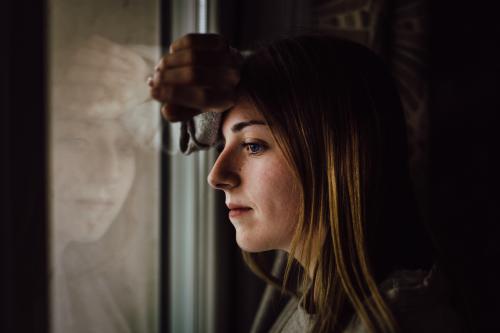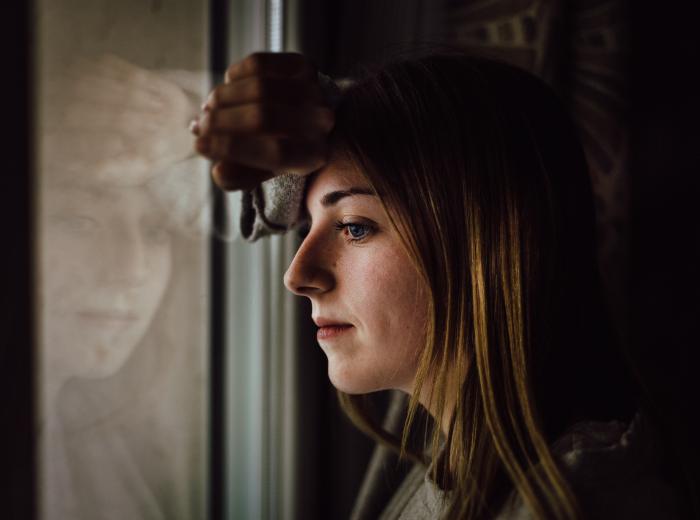If you have health anxiety, you likely hold inaccurate core beliefs about health and disease. These beliefs have led you to be hypervigilant about your health status. Consequently, you have become hyper aware of all bodily functions, sensations and symptoms. And you probably misinterpret normal or benign bodily sensations and symptoms as indicating a serious health problem.
So, what are these pesky core beliefs that are causing all of this trouble? In this article I will briefly review a few of the common core beliefs held by people with health anxiety.
Core Belief: Serious disease is everywhere
People with health anxiety tend to overestimate the likelihood of getting a serious disease. They inaccurately believe that disease is lurking behind every corner. For example, if they sit in the grass, they will get bitten by a Tic and get Lyme disease.
In addition, if they were to contract or develop a certain disease, health-anxious people assume their situation would be the worst-case scenario. For example, they would be the unlucky few who would die from complications of Lyme disease.
Core Belief: I am weak and vulnerable to illness and disease
People with health anxiety tend to believe they are especially susceptible to illness. Almost as if they are barely hanging on by a thread and any disease that comes their way is going to be what sends them to the grave. In reality, their bodies are likely stronger and more capable than they assume.
Core Belief: Doctors and medical services cannot be trusted or are incompetent
Health-anxious people often assume that doctors, tests and medical resources are insufficient and incapable of adequately addressing a serious health problem. In reality, with modern medicine most diseases and ailments are highly treatable. Situations in which a disease is untreatable or incurable are rare.
Core Belief: I must be 100% certain about my health status at all times
People with health anxiety tend to believe it is necessary (or even possible) to be completely certain about their health status at all times. When they, inevitably, cannot be certain they crumble and conclude that the lack of certainty must mean they have a serious disease and/or are going to die. They constantly seek certainty (through tests, medical consults) and are constantly dissatisfied because it is not possible to know their health status with 100% certainty. But none of us can be certain about anything in life and health is no exception to this rule. And we don’t need to be certain in order to be healthy.
Core Belief: I will not be able to cope with death and dying
Health-anxious people often have assumptions about the awfulness of death and dying. This plays out in a wide range of vivid scenarios, such as fears about the dying process, fears about leaving loved ones behind and fears about what will happen to them after they die. But, although none of us look forward to death, death and dying will likely not be as horrific as they have imagined: it is more likely that their loved ones will be okay, their pain and discomfort will be managed and they won’t be in the torment they think they will be after they die. Their inaccurate assumptions create a lot of unnecessary anxiety around the idea of death.
Core Belief: If my body is healthy, it should be free of all sensations/symptoms at all times
People with health anxiety tend to assume that if they are healthy then their body should be quiet and free from any bodily sensations or symptoms. Thus, any ‘sound’ the body makes is interpreted as a threat. However, bodies are naturally noisy and most of the time, bodily sensations or symptoms are simply the body maintaining homeostasis or something benign and/or not serious.
So what can we do to change these beliefs?
CBT can be useful for helping health-anxious people to reshape their beliefs about health and disease. It involves challenging their assumptions about why they think serious disease is prevalent, they are weak and the field of medicine can’t be trusted. It also involves coming up with evidence to support new and more accurate beliefs about health, illness and medicine. In addition, imaginal and in-vivo exposure tasks can help people confront and address their fears.


